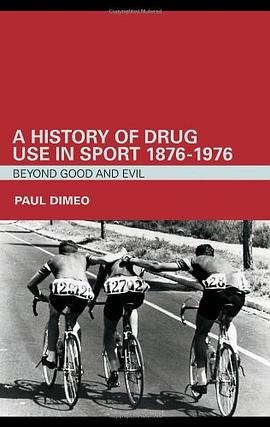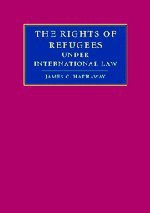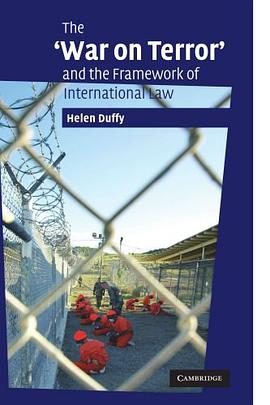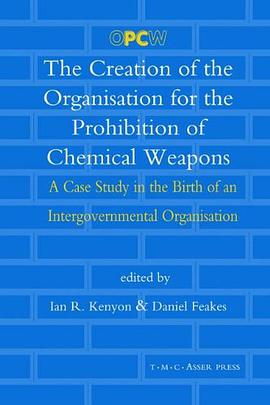

具體描述
This book offers a new history of drug use in sport. It argues that the idea of taking drugs to enhance performance has not always been the crisis or 'evil' we now think it is. Instead, the late nineteenth century was a time of some experimentation and innovation largely unhindered by talk of cheating or health risks. By the interwar period, experiments had been modernised in the new laboratories of exercise physiologists. Still there was very little sense that this was contrary to the ethics or spirit of sport. Sports, drugs and science were closely linked for over half a century. The Second World War provided the impetus for both increased use of drugs and the emergence of an anti-doping response. By the end of the 1950s a new framework of ethics was being imposed on the drugs question that constructed doping in highly emotive terms as an 'evil'. Alongside this emerged the science and procedural bureaucracy of testing. The years up to 1976 laid the foundations for four decades of anti-doping. This book offers a detailed and critical understanding of who was involved, what they were trying to achieve, why they set about this task and the context in which they worked. By doing so, it reconsiders the classic dichotomy of 'good anti-doping' up against 'evil doping'. It is winner of the 2007 Lord Aberdare Literary Prize for the best book in British sports history.
著者簡介
圖書目錄
讀後感
評分
評分
評分
評分
用戶評價
相關圖書
本站所有內容均為互聯網搜索引擎提供的公開搜索信息,本站不存儲任何數據與內容,任何內容與數據均與本站無關,如有需要請聯繫相關搜索引擎包括但不限於百度,google,bing,sogou 等
© 2025 book.quotespace.org All Rights Reserved. 小美書屋 版权所有




















